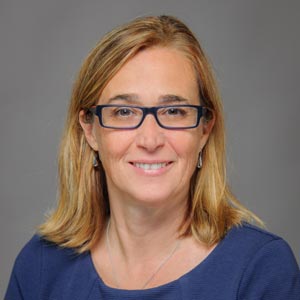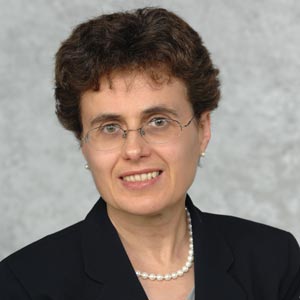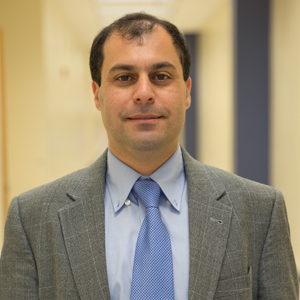Primary Faculty
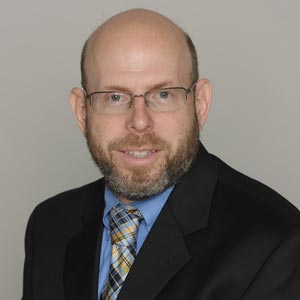
Mark Allen Weiss
Interim Director of SUCCEED, Eminent Scholar Chaired Professor at SCIS, Interim Vice Dean of Undergraduate Education at College of Engineering and Computing
Department/School: SCIS
Mark Allen Weiss is an eminent scholar chaired professor in the School of Computing and Information Sciences where he has been a faculty member since 1987. He is an IEEE fellow, an AAAS fellow and ACM distinguished educator, and is the recipient of the 2015 SIGCSE Award for Outstanding Contribution to Computer Science Education and the 2017 IEEE Taylor Booth Education Award. Weiss is most well-known for his work in computer science education and serves as associate dean for undergraduate education in the College of Engineering and Computing.
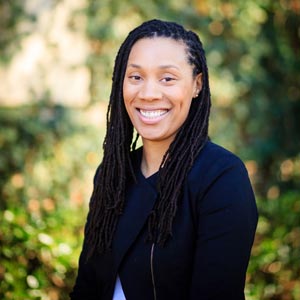
Trina Fletcher
Assistant Professor of Engineering Education, SUCCEED
Biography
Trina Fletcher has an interdisciplinary background with both her education and full-time experiences. Fletcher holds a doctorate in engineering education from Purdue University and has industry experience including roles with Johnson & Johnson, Eaton Corporation and serving as the director of pre-college initiatives for the National Society of Black Engineers (NSBE).
Current Appointments
Faculty Fellow, Division of Diversity, Equity and Inclusion (DEI)
Affiliate Faculty, African & African Diaspora Studies Program, Steven J. Green School of International & Public Affairs
EngineerGirl Steering Committee; National Academy of Engineering (2019–present)
Education History
Purdue University, Ph.D., George Washington University, M.S., University of Arkansas, M.S., University of Arkansas at Pine Bluff, B.S. (HBCU)
Research Areas
- Diversity, equity and inclusion within STEM education
- African Americans, women and girls in engineering and computing education
- STEM education at historically black colleges and universities (HBCUs)
- Use of industry and tech-sector best practices for continuous improvement/innovation in higher education
Funded Research Projects
Exploring the Success of HBCUs Development of Blacks Earning Engineering and Computing Graduate Degrees (PI) NSF Award #: 1923229
RAPID: The Impact of COVID-19 on Broadening Participation in Engineering at HBCUs (PI) NSF Award #: 2031221
RAPID: Understanding the Impact of Abrupt Changes to Instructional Methods on Underrepresented Engineering Students (Co-PI) NSF Award #: 2029564
Nanosystems Engineering Research Center for Directed Multiscale Assembly of Cellular Metamaterials with Nanoscale Precision: CELL-MET (Co-PI) NSF Award #: 1647837
Representative Publications
Fletcher, T. L., Jefferson, J. and Boyd, B. (2021). Missed Opportunity for Diversity in Engineering: Black Women and Undergraduate Engineering Degree Attainment. Journal of College Student Retention: Research, Theory & Practice.
Edwards, C., Lee, W., Knight, D., Reid, K, Lewis, R. & Fletcher, T. L. (2021). Outreach at Scale: Developing a Logic Model to Explore the Organizational Components of the Summer Engineering Experience for Kids Program. Advances in Engineering Education. V 9 (2), 1-28.
Boyd, B., Jefferson, J. & Fletcher, T. (2021). The Impact of COVID-19 on STEM Faculty and Students at HBCUs. American Educational Research Association (AERA). Virtual. April 8 – 12, 2021.
Fletcher, Tina and Fletcher, Trina. National Problem, Local Solution: Addressing the school-to-prison pipeline with an increase in minority teachers. Yale State and Local Policy Review. 2019. https://yslpr.org/wp-content/uploads/2020/03/YSLPRWebPrint.pdf
Hug, S., Eyerman, S., Fletcher, T. L. & Martinez-Ortiz, A. (2020). Engineering Outreach: Ambassador Girls Empowering Girls in the Field (Evaluation). Paper presented at 2020 ASEE Annual Conference & Exposition, Virtual.
Fletcher, T. L., Green, A., Arrayo, E. & Quintero, R. (2020). “Intersectionality at minority-serving institutions (MSIs): A longitudinal analysis of female student participation within engineering and computing”. 2020 IEEE Frontiers in Education Conference (FIE), Virtual.
Fletcher, T. L., Fletcher, T. L., Williams, J. L., Benedict, B.S., Boyd, B. N., & Watkins, K. (2019, June), Minority Serving Institutions: America’s Underutilized Resource for Strengthening the STEM Workforce Report – Implications for Historically Black Colleges and Universities (HBCUs). Paper presented at 2019 ASEE Annual Conference & Exposition, Tampa, Florida.
Fletcher, T., Ross, M., Tolbert, D., Holly, J., Cardella, M., Godwin, A., DeBoer, J. (2017). Ignored potential: A collaborative roadmap for increasing African American Women in Engineering. National Society of Black Engineers, Society of Women Engineers, Women in Engineering ProActive Network
*Edwards, C. E., Lee, W.C., Knight, D.B., Reid, K.W., Fletcher, T.F., Meeropol, G. Maximizing Accessibility: Providing summer engineering experiences for racially, ethnically, and economically underrepresented youth. Paper presented at the 2018 ASEE Collaborative Network for Engineering and Computing Diversity (CoNECD) Conference, Arlington Lake, Virginia, April 29 – May 2, 2018.*Awarded Best Paper
G. D. Young, Knights, D.B., Lee, W., Cardella, M., Reid, K. & Fletcher, T. “Leveraging a multi-partner approach to develop successful STEM outreach programs,” 2017 IEEE Frontiers in Education Conference (FIE), Indianapolis, IN, USA, 2017, pp. 1-5. doi:10.1109/FIE.2017.8190725
Fletcher, T. L., Ross, M. S., Carr, C. & Boyd, B. (2017, June), Classroom Instructors’ Perceptions of Site Leadership and Interest Outcomes within a Summer Engineering Program (Evaluation) Paper presented at 2017 ASEE Annual Conference & Exposition, Columbus, Ohio. https://www.asee.org/public/conferences/78/author_index/82147.
Ross, M. S., & Fletcher, T. L., & Cox, M. F., & Main, J. B. (2015, June), African American Women in the Academe: A Comprehensive Literature Review Through the Lens of Intersectionality Paper presented at 2015 ASEE Annual Conference and Exposition, Seattle, Washington. 10.18260/p.23505
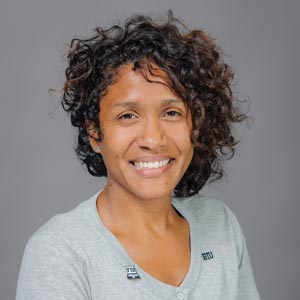
Monique Ross
Assistant Professor, SCIS
Department/School: SCIS
Monique Ross joins the team with a diverse and integrated background. She holds a doctoral degree in Engineering Education from Purdue University. She has a Bachelor’s degree in Computer Engineering from Elizabethtown College, a Master’s degree in Computer Science and Software Engineering from Auburn University, eleven years of experience in industry as a software engineer, and three years as a full-time faculty in the departments of computer science and engineering. Her interests focus on broadening participation in engineering through the exploration of: 1) race, gender, and identity in the engineering workplace; 2) discipline-based education research (with a focus on computer science and computer engineering courses) in order to inform pedagogical practices that garner interest and retain women and minorities in computer-related engineering fields.
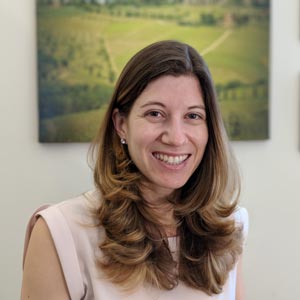
Alexandra Strong
Assistant Professor, SUCCEED
Department/School: SUCCEED
Alexandra Coso Strong works and teaches at the intersection of engineering education, faculty development, and complex systems design. Strong completed her doctorate in aerospace engineering at Georgia Tech in spring, 2014. While a doctoral student, Strong was a National Science Foundation graduate research fellow and a member of the Cognitive Engineering Center. The goal of her doctorate research was to improve students’ abilities to think more broadly about complex systems design and to take into account stakeholder-related considerations within their design projects. Prior to attending Georgia Tech, Strong received a bachelor’s degree in aerospace engineering from MIT (2007) and a master’s degree in systems engineering from the University of Virginia (2010). For her master’s degree work, she developed a mixed methods research design to examine undergraduate engineering students’ prior knowledge about interdisciplinary approaches to design and problem-solving. Strong comes to FIU after completing a postdoctoral fellowship at Georgia Tech’s Center for the Enhancement of Teaching and Learning (CETL) and three years as a faculty member at Olin College of Engineering in Massachusetts. Strong’s research aims to improve the design of educational experiences for students by critically examining the work and learning environments of practitioners. Specifically, she focuses on (1) how to design and change educational and work systems through studies of practicing engineers and educators and (2) how to help students transition into, through and out of educational and work systems.
Secondary Faculty
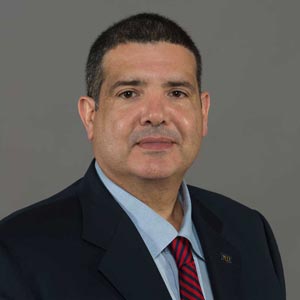

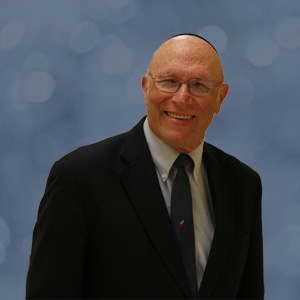
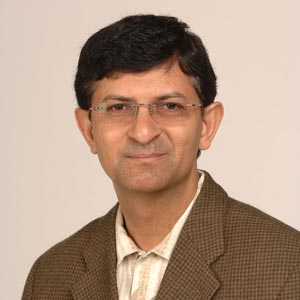
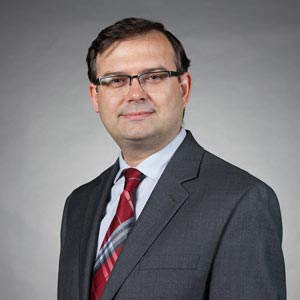
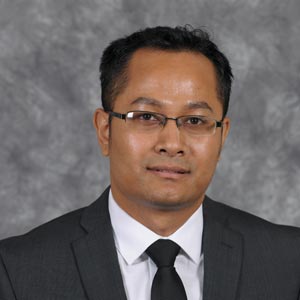
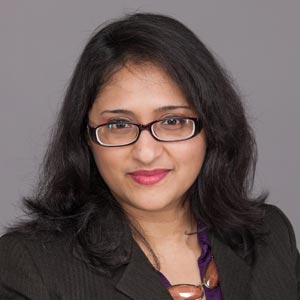
Farzana Rahman
Visiting Assistant Professor
Website: https://farahman.github.io
